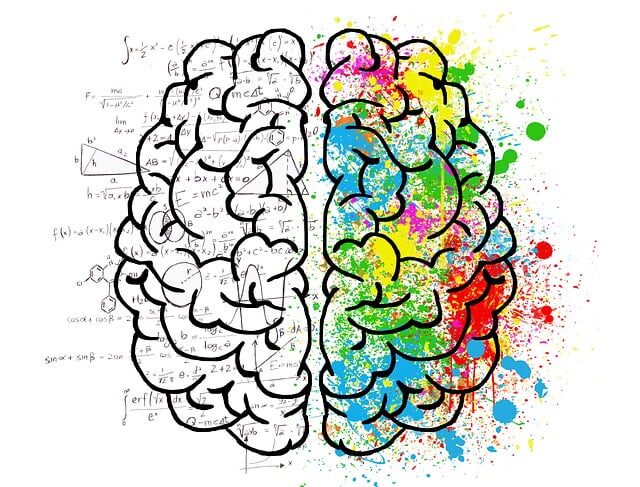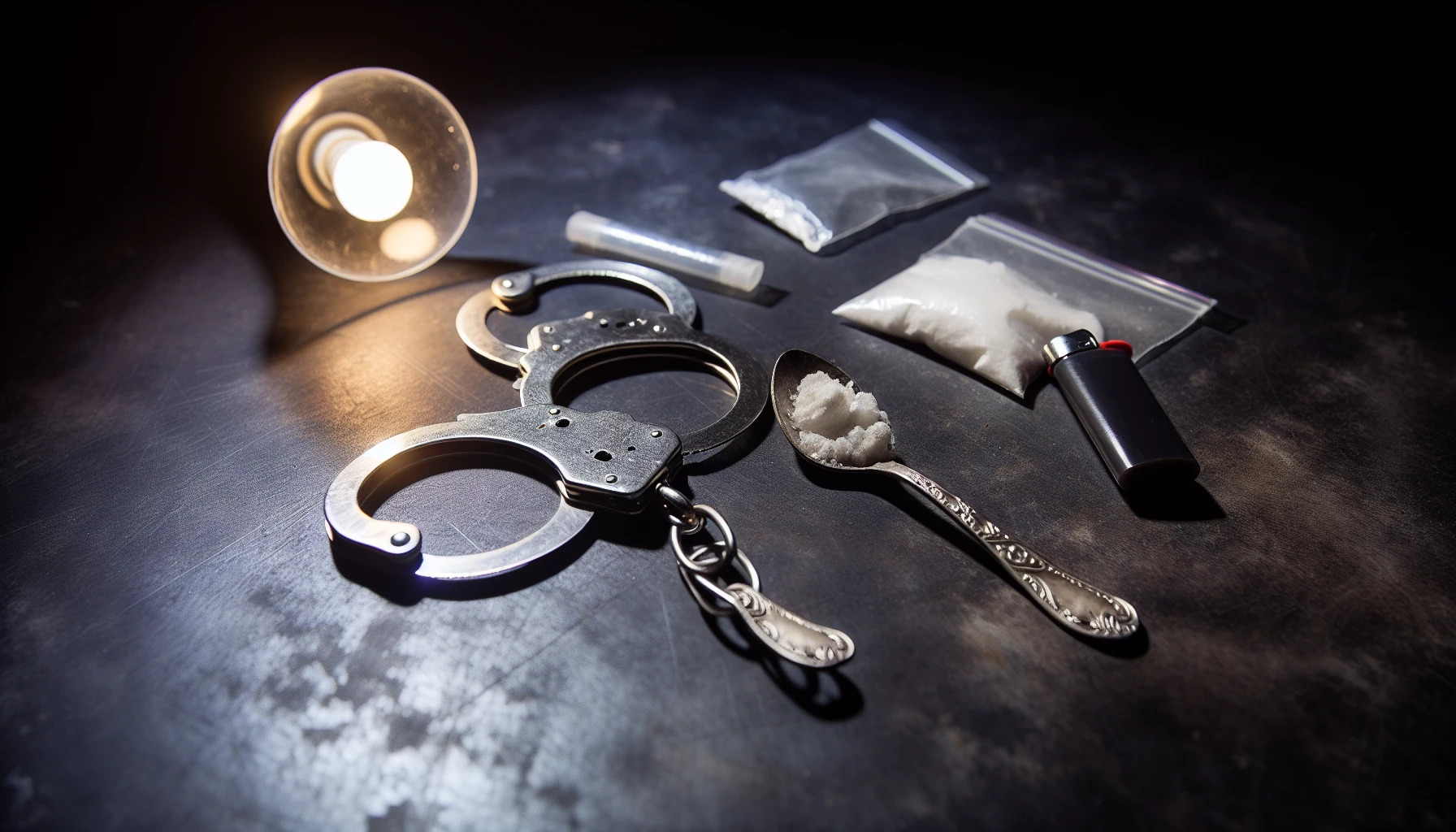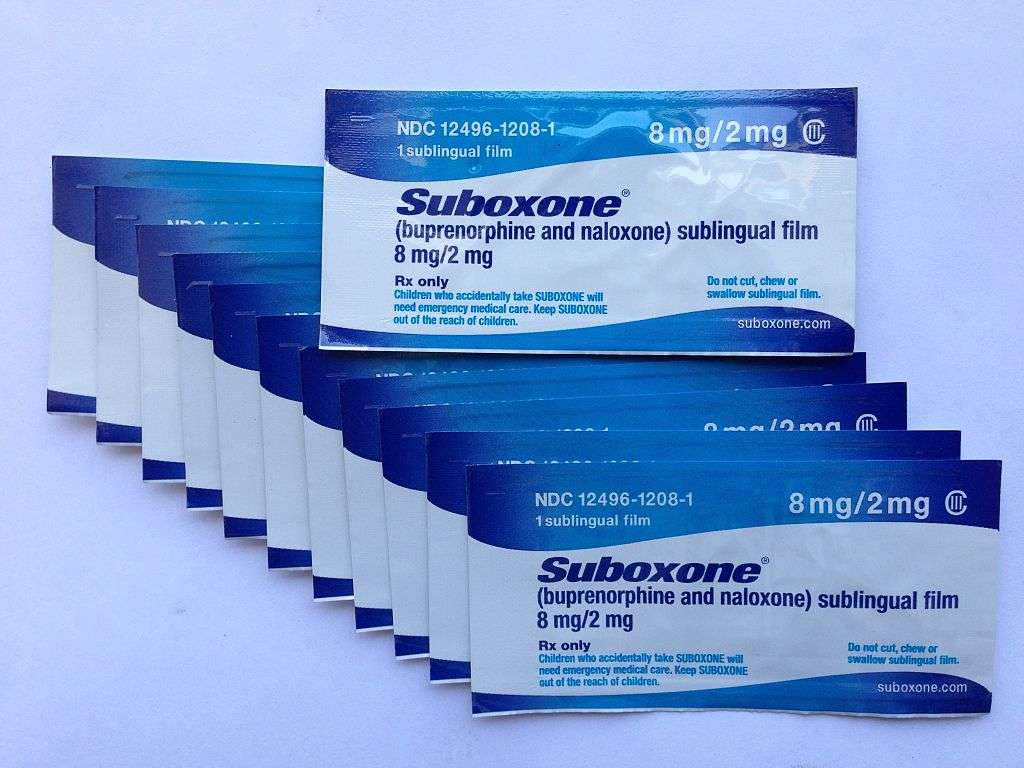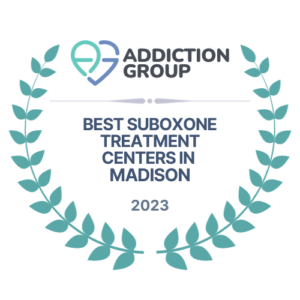

Alcohol withdrawal symptoms cause a lot of physical and psychological difficulties. The one aspect of withdrawal that often gets attention is its significant effect on sleep patterns. Sleep, a key element of wellbeing, can be seriously interrupted throughout this process.
This article discusses the impact of alcohol withdrawal on sleep patterns and the complex relationship between alcohol and sleep. It will shed light on how quitting alcohol use may lead to a number of sleep difficulties during withdrawal. If we are aware of these effects, we may be able to better manage the challenges of alcohol withdrawal. This will pave the way for a longer-lasting, healthier sleep habit.
Alcohol and Sleep
Alcohol and sleep have a complex relationship. Alcohol has sedative effects that are known to help people fall asleep more easily. But over time, its effects on sleep quality and patterns change.
Different alcohol consumption levels were examined in terms of sleep quality in 2018.
Low alcohol consumption:
Men who drink less than two glasses per day and women who drink less than one glass per day experience a 9.3% reduction in sleep quality.
Moderate alcohol consumption:
Men who drink two glasses per day and women who drink one glass per day report a 24% reduction in sleep quality.
Excess alcohol consumption:
Men who drink more than two glasses per day and women who drink more than one glass per day lowered sleep quality by 39.2%.
Effects of Alcohol on Sleep Before Withdrawal
Disruption of Sleep Cycles
Alcohol significantly impacts the natural sleep cycle. It may initially make you feel sleepy and make it easier to fall asleep. But as the night goes on, its effects become more disruptive.
Alcohol metabolism can result in lighter, more erratic sleep. This makes people wake up more frequently at night. Making it difficult for the body to move smoothly between the various sleep stages. This may make you feel less energized when you wake up.
Suppression of REM (Rapid Eye Movement) Sleep
REM (Rapid Eye Movement) is a crucial stage of the sleep cycle. It is linked to vivid dreams and cognitive recovery. Alcohol frequently inhibits REM sleep. Alcohol use right before bedtime can shorten the time spent in REM sleep in the first half of the night. This lack of REM sleep might cause drowsiness and cognitive impairment the next day.
People who regularly consume alcohol may also suffer a rebound effect. This happens when REM sleep intensifies after alcohol is no longer present in the body and may result in vivid dreams and nightmares.
Sleep cycle disruption and suppression of REM sleep can lead to a changed sleep architecture. This interferes with the regular progression of sleep stages. When alcohol is regularly consumed, the impairment in sleep quality becomes more significant.
It’s essential to know how alcohol affects sleep before withdrawal. This is to understand where people begin their road to recovery. It highlights the importance of addressing these issues as part of the effort to enhance the quality of sleep both during and after the withdrawal phase.


How Alcohol Withdrawal Worsens Sleep Issues
Nervous System Adjustments
After becoming used to the depressant effects of alcohol. The nervous system goes through considerable changes during alcohol withdrawal. The abrupt withdrawal of alcohol disrupts the complex balance of neurotransmitters and receptors that regulates sleep and wakefulness. The body becomes hyperactive as it tries to rebalance. It can be difficult to relax and go to sleep because of this increased nervous system activity. Which can also cause jitters, restlessness, and a general feeling of overstimulation.
Increased Anxiety and Hyperactivity
Increased anxiety is one of the defining characteristics of alcohol withdrawal. The gamma-aminobutyric acid (GABA) receptors in the brain, which are in charge of reducing nerve activity and promoting relaxation, have grown used to the presence of alcohol. When alcohol is absent, there is a relative GABA shortage, which causes the brain to become more hyperactive. Rushing thoughts, annoying anxieties, and discomfort that stops one from dozing off to sleep soundly are usually present with this condition.
A racing pulse, shallow breathing, and tense muscles are just a few physical signs of the anxiety experienced during alcohol withdrawal. These physical symptoms also contribute to sleep problems because they cause the body to go into “fight or flight” mode, which prevents people from falling asleep soundly.
In essence, the absence of alcohol forces the nervous system to readjust. This causes increased anxiety and overactivity. Both of which are significant barriers to getting a good night’s sleep. During this difficult phase, addressing these effects through medically supervised withdrawal and anxiety management techniques becomes essential to preventing sleep issues.
Common Sleep Problems During Alcohol Withdrawal
Insomnia During Alcohol Withdrawal
-
Difficulty Falling Asleep
A common sleep issue during alcohol withdrawal is insomnia, which is characterized by trouble falling asleep. Relaxation and sleep induction are difficult due to the nervous system’s increased activity and anxiousness.
-
Frequent Awakenings
People going through alcohol withdrawal frequently have a disrupted night’s sleep with numerous awakenings. Physical aches, increased anxiety, or even withdrawal symptoms like shaking or sweating might trigger these awakenings. Every wakeup throws off the body’s regular sleep cycle and keeps you from getting the restful, deep sleep you need to recuperate.
Vivid Dreams and Nightmares
The rebound in REM sleep that occurs following alcohol withdrawal may result in more vivid dreams and nightmares. These distressing, intense nightmares may keep you up at night. The dream experience may be very vivid and upsetting due to the combination of increased REM activity and mental discomfort.
Night Sweats and Physical Discomfort
Alcohol withdrawal might result in uncomfortable physical symptoms like night sweats. Sweating at night can result in damp bedding and an uncomfortable feeling of being overheated, which can disturb sleep. Finding a comfortable sleep posture and maintaining restfulness might also be challenging if you are experiencing physical discomfort from symptoms like tremors, nausea, or muscular aches.
Impact on Overall Sleep Quality
Sleeplessness, vivid nightmares, physical discomfort, and frequent awakenings during alcohol withdrawal have a significant negative impact on the overall sleep quality. The fatigue, irritability, and cognitive impairment that can follow from this disrupted sleep can make your recovery more challenging.
It is essential to address these common sleep disturbances if you want to successfully handle alcohol withdrawal. By being aware of these concerns and employing strategies to address them, people can enhance their sleep and contribute to their overall wellbeing at this crucial phase.
Neurological and Psychological Factors
GABA and Glutamate Imbalance
Alcohol’s effects on sleep are tightly related to the balance between GABA (gamma-aminobutyric acid) and glutamate, two important neurotransmitters. While glutamate is an excitatory neurotransmitter that raises brain activity, GABA is an inhibitory neurotransmitter that encourages relaxation and sleep. Chronic alcohol use messes up the delicate GABA and glutamate balance. It increases GABA’s effects, which contributes to alcohol’s sedative effects. The brain adjusts over time by creating more glutamate to combat the depressant effects. There is a relative glutamate surplus when alcohol is withheld, which causes an increase in brain activity, heightened anxiety, and disturbed sleep.
Neurotransmitters Role in Sleep Regulation
In order to maintain regular sleep-wake cycles, neurotransmitters are essential. As previously mentioned, GABA encourages relaxation and sleep by inhibiting nerve activity. Glutamate, on the other hand, stimulates neurons and promotes alertness. Serotonin and norepinephrine, two more neurotransmitters, also have an impact on sleep and wakefulness. The effect of alcohol on these neurotransmitter systems emphasizes its ability to interfere with the delicate balance necessary for sound sleep.
Psychological Stress and Sleep Quality
Alcohol withdrawal frequently results in psychological stress, such as heightened anxiety, irritability, and mood changes. These emotional states may significantly affect how well you sleep. For instance, anxiety might cause racing thoughts and a restless feeling, making it challenging to unwind sufficiently to go to sleep. The emotional pain of withdrawal may also influence the intense dreams and nightmares that people experience during REM sleep rebound. Additionally, psychological stress can prolong a cycle of bad sleep since it makes emotional instability even worse.
Understanding how neurotransmitters and psychological states interact intricately during alcohol withdrawal can shed light on the mechanisms underlying sleep problems. Individuals can more effectively manage the sleep issues that develop during this stage of recovery by addressing these aspects through medical treatment and techniques that focus on neurotransmitter balance and emotional well-being.
Managing Sleep Issues During Alcohol Withdrawal
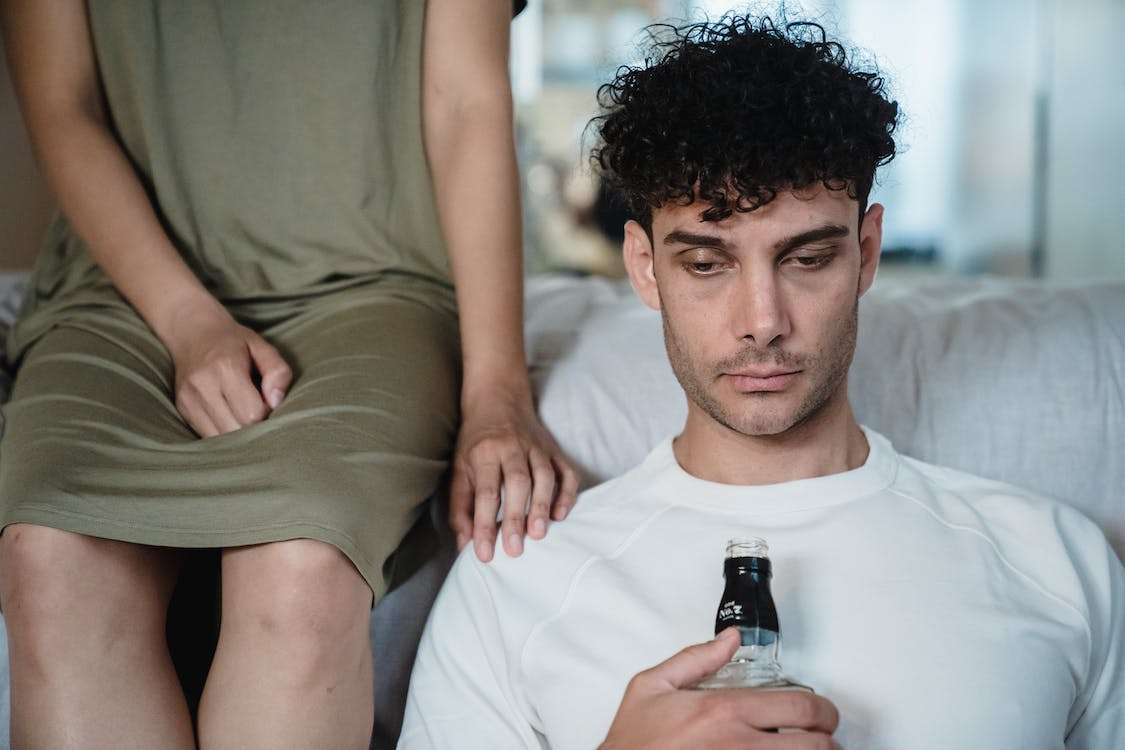

Get the help you deserve today. Start your journey to recovery by contacting us!
Medical Supervision and Support
During alcohol withdrawal, seek expert medical advice. Healthcare professionals can keep track of your progress, treat withdrawal symptoms, and take care of any health issues that might be impairing your ability to sleep. Depending on your specific needs, they can offer tailored recommendations.
Healthy Sleep Hygiene Practices
Establish a consistent sleep schedule by going to bed and waking up at the same time each day. This enhances the quality of your sleep while regulating your body’s natural clock.
Create a reasonable sleep environment by keeping the room dark, quiet, and at a reasonable temperature to create a sleep environment that is beneficial to slumber. Consider minimizing noise disturbances and utilizing blackout curtains.
Relaxation Techniques and Mindfulness
- Deep breathing exercises
- Progressive muscle relaxation
- Meditation and mindfulness practices
- Visualization techniques
These techniques can make it easier to fall asleep and remain asleep by reducing stress, anxiety, and hyperactivity.
Consideration of Drugs Under Medical Guidance
In some cases, medical practitioners might recommend medications to treat severe sleep difficulties brought on by alcohol withdrawal. A medical professional with experience in addiction medicine may prescribe and monitor these drugs. Sedatives, which are frequently used to reduce anxiety and encourage sleep, are examples of common drugs. Nevertheless, medicine must be taken with caution and as part of a comprehensive treatment plan.
It’s important to keep in mind that healthcare professionals should individually develop and oversee any plans for managing the impact of alcohol withdrawal on sleep patterns. What works well for one individual may not work the same way for another. A more relaxing and restorative withdrawal experience may result from combining medical supervision with good sleeping practices and relaxation techniques.
Long-Term Recovery and Sleep Improvement
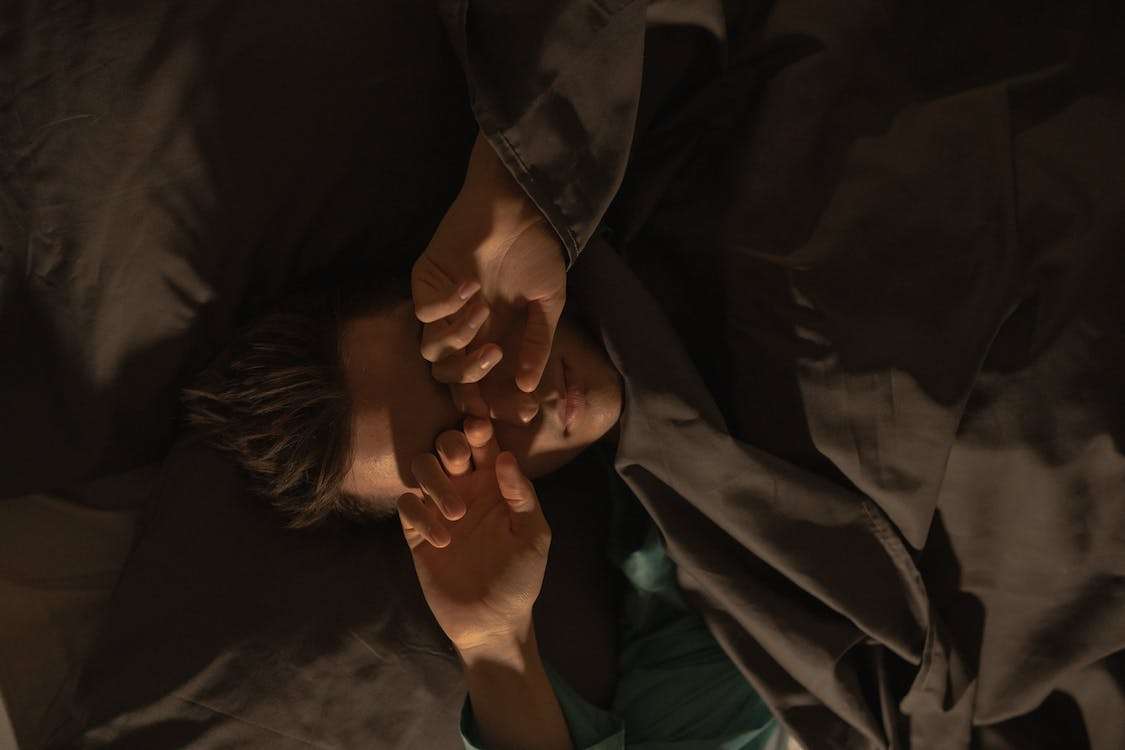

Gradual Pattern Restoration of Sleep
Recognize that it takes time to get your sleep patterns back to normal. The body needs to retrain itself to sleep at its regular natural rhythms after alcohol withdrawal. Use the techniques mentioned above to reduce stress and improve sleep hygiene gradually and consistently. Your sleep patterns are likely to improve and become more consistent with time.
Significance of Long-Term Abstinence
Alcohol abstinence must be maintained if you want to see long-term sleep improvements. Even in moderation, drinking alcohol can impair sleep and worsen the cycle of sleep disruptions. Over the days, weeks, and months that follow withdrawal, maintaining a commitment to sobriety can significantly enhance sleep.
Seeking Professional Help for Persistent Sleep Issues
Consider consulting a sleep specialist, an expert in addiction medicine, or a mental health professional if sleep issues continue after the initial withdrawal phase. They are able to evaluate your sleep patterns, pinpoint the underlying causes of sleep disorders, and customize treatment plans to meet your specific needs.
You can gradually regain restful sleep and promote your general wellbeing in the course of long-term recovery by placing a priority on continuous abstinence, practicing healthy sleep practices, and seeking assistance when necessary.
Final Thoughts on The Impact of Alcohol Withdrawal on Sleep Patterns
The complex relationship between alcohol withdrawal and sleeping habits is evidence of the delicate balance of our neurobiology. Alcohol causes sleep patterns to be disturbed, reduces REM sleep, and paves the way for a variety of sleep problems after withdrawal. The changes in the nervous system, together with the imbalances in neurotransmitters, make it difficult to get restful sleep.
Prioritizing sleep is essential as people start their road to recovery. The sleep problems that develop during alcohol withdrawal can be considerably reduced by putting an emphasis on good sleep hygiene practices, relaxation techniques, and seeking expert help. Those in recovery can pave the road for healthier sleep habits that enhance general wellbeing by understanding that sleep restoration takes time and constant effort.
Sleep, which is frequently neglected, has the ability to refresh the mind, heal the body, and provide people with power as they travel the road to long-term sobriety and a better quality of life. People may overcome the disruptions brought on by alcohol withdrawal and embrace a better, healthier future with knowledge, support, and a commitment to getting sufficient sleep.
Interested in learning more? Read more related articles: Can Exercise Aid in Alcohol Addiction Recovery?
National Addiction Specialists is here to help and support you!
Sources
https://pubmed.ncbi.nlm.nih.gov/29549064/
https://www.sleepfoundation.org/nutrition/alcohol-and-sleep#references-81435
https://www.ncbi.nlm.nih.gov/pmc/articles/PMC4666864/#B19
https://www.ncbi.nlm.nih.gov/books/NBK441882/
https://www.frontiersin.org/articles/10.3389/fnins.2022.838486/full
https://www.ncbi.nlm.nih.gov/pmc/articles/PMC165791/
https://www.cdc.gov/sleep/about_sleep/sleep_hygiene.html
https://www.ncbi.nlm.nih.gov/pmc/articles/PMC2936493/
https://www.verywellhealth.com/how-alcohol-affects-sleep-apnea-3014680
https://pubmed.ncbi.nlm.nih.gov/33213357/
https://pubmed.ncbi.nlm.nih.gov/11584550/
https://academic.oup.com/alcalc/article/47/5/501/99762
https://onlinelibrary.wiley.com/doi/abs/10.1080/13556219772697
https://www.sciencedirect.com/science/article/abs/pii/S0741832914201157?via%3Dihub
https://my.clevelandclinic.org/health/articles/22857-gamma-aminobutyric-acid-gaba





